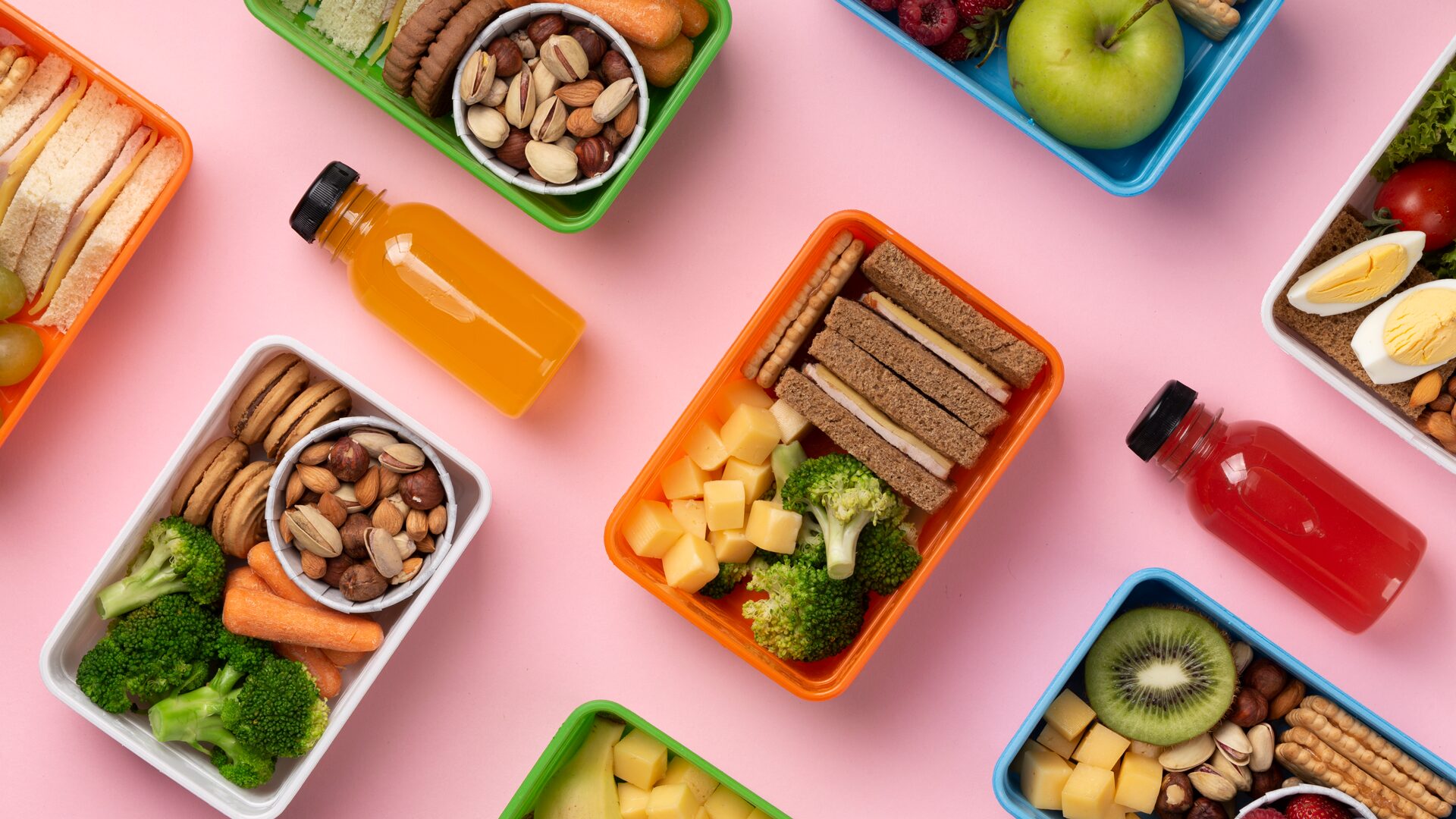Grocery stores are for more than simply picking up groceries these days as consumers look to retailers for health-related resources and nutritional assistance.
Filling Food Prescriptions
In April 2019, Giant revealed it was piloting a program called Produce Rx in a partnership with local nonprofit, DC Greens, to improve customers’ access to healthy food.
Through the program, customers who are Medicaid beneficiaries through AmeriHealth Caritas DC and who are currently experiencing a diet-related chronic illness can receive a prescription for fruits and vegetables from their healthcare provider and fill the prescriptions at a Giant pharmacy in Washington DC.
When filled, a Giant pharmacist provides the customer with a $20 coupon to purchase fresh fruits and vegetables from the produce department.
“As a food retailer, we recognize the important role we can play in the access to healthy foods and health education, and the program is certainly a natural fit with our ongoing efforts to support the health needs of the communities we serve,” said Gordon Reid, president at Giant.
“Doctors and patients both need more tools to address food insecurity and diet-related chronic illness,” commented Lauren Shweder Biel, executive director of DC Greens. “Through Produce Rx, our healthcare system can be a driver to get patients access to the healthy food that they want and need.”
Giant confirmed with The Food Institute on Feb. 11 that the Produce Rx program is going “very well” and has received positive shopper feedback. It hopes to bring the program to other locations in the future. Additionally, in March, Giant will be transitioning from the paper coupons used to receive produce to electronic $20 coupons to make the buying process easier.
The Kroger Co. is also piloting a program in Cincinnati area in which physicians can write food prescriptions that patients fill at a local store under the guidance of a Kroger Health professional, reported Supermarket News.
Under the pilot, a doctor makes dietary recommendations to patients with diabetes and directs them to a nutrition expert at a Kroger supermarket, according to Kroger Health registered dietitian Bridget Wojciak, RDN/LD. The written prescription serves as a referral to a dietitian who performs an evaluation, which Wojciak describes as a “total review.” The dietitian then provides clear and easy-to-follow nutrition guidance and food suggestions to help a patient better manage the disease.
“Upon successful completion of this pilot, we have plans for rapid expansion, with a vision of filling more nutrition prescriptions than we do prescriptions for medication,” said Wojciak.
Wojciak noted the food prescription concept is intended to ensure the primary care team has input into patients’ diets. “When we say, ‘food is medicine,’ we want to make clear that it very much still involves the holistic health care team and it still involves primary care,” she said. “We find that a lot of physicians give difficult-to-follow nutrition advice—along the lines of ‘You should improve your diet’ or ‘You should eat better.’ And that becomes very difficult for a patient to understand and implement.”
Kroger Health expects to extend the food prescriptions to other health conditions at more stores based on the results of the pilot. Other health conditions that could be addressed by the program include heart disease and cancer.
On a similar note, FarmboxRX partnered with Vibra Health to give free food boxes to elderly Medicare patients with diet and chronic-related illnesses, reported The Packer (Dec. 9, 2019). FarmboxRX is a healthcare initiative from Farmbox Direct that works with insurance companies to provide free access to fruit and vegetables to under-served populations.
The FarmboxRX partnership with the Vibra Health Plan rolled out in January, providing 2,700 free produce boxes a month to Vibra’s Medicare-enrolled members. The program represents the first time a U.S. insurance company has attempted a complimentary food delivery program for its members.
The goal of the deliveries is to elevate healthcare, prevent repeated hospital stays, and reduce costs.
FarmboxRX signed up with two additional insurance providers and will expand into other states in 2021, planning to ship 250,000 boxes. “Our initial partnership with Vibra Health Plan will start a revolution in healthcare,” said Ashley Tyrner, Farmbox Direct’s CEO. “And as we expand our reach over the next few years, the goal is to address and solve the underlying issue for people with diet-related chronic illnesses, which is as simple as changing their nutrition.”
Dietitians on Staff
Dietitians, such as Kroger’s Wojciak, are increasingly becoming more common in retail.
Hy-Vee was a leader of adding dietitians on staff, reported Today’s Dietitian. The company began by hiring one RD in 2005 and now offers other wellness services across its locations including health screenings, individual medical nutrition therapy, Begin Healthy Lifestyle and Weight Loss Program, community presentations, and even cooking classes.
During the summer of 2019, CVS announced it was pushing deeper into health by adding dietitians among other services to 1,500 stores over the next few years, reported MarketWatch. Its HealthHub stores will have about twice as much space devoted to healthcare as other locations and will aim to help people with chronic conditions like diabetes. The expansion came as rival Walgreens experimented with adding primary care offices.
“The ultimate goal is to bring more health services into people’s communities where they can access them as part of their daily life,” said Alan Lotvin, MD, EVP and chief transformation officer for CVS Health.









